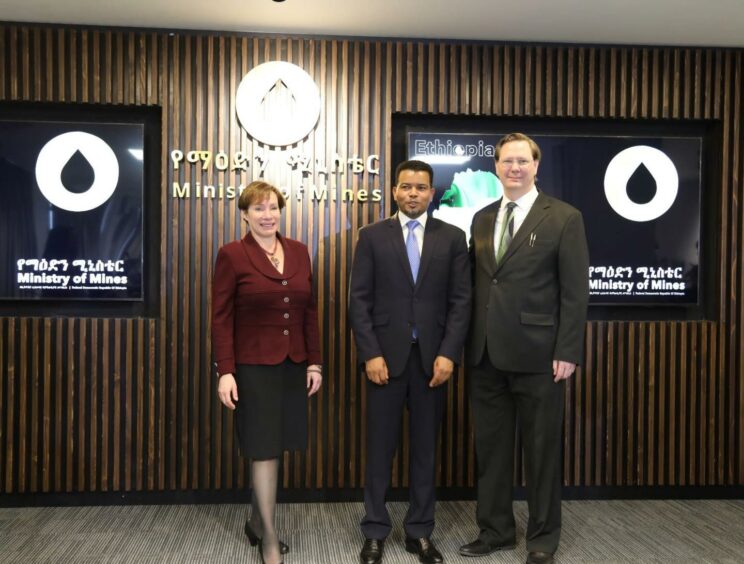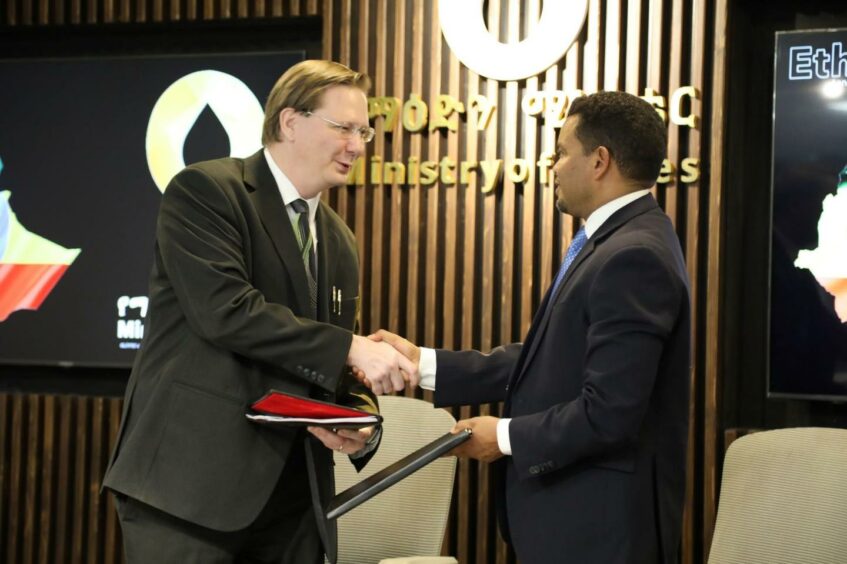
Netherland, Sewell & Associates (NSAI) has signed a deal to assess the potential of Ethiopia’s oil and gas resources.
Minister Mines and Petroleum Takele Uma signed the agreement with the US company. US Ambassador to Ethiopia Tracey Jackson observed the signing ceremony.
Uma said the study would allow Ethiopia to use its natural resources of oil and gas, using these to drive fertiliser and energy investments. Furthermore, NSAI’s work would provide assurances to foreign investors about the scale of Ethiopia’s hydrocarbons, he said.
The US embassy congratulated NSAI and the ministry on striking the agreement. “The US is committed to tackling the climate crisis and to access to reliable, affordable energy around the world,” the statement said.
“We also look forward to a cessation of hostilities in Ethiopia, unhindered humanitarian access, and transparent investigations into human rights abuses and violations that will allow for Ethiopia’s boundless prosperity,” the embassy said.
NSAI has not yet responded to a request for comment.
Ethiopia claims to share geology with other oil-rich countries, citing Sudan and the East African rift, in addition to the Middle East as making discoveries likely.
The Ministry of Mines and Petroleum has identified six basins in the country. Full-tensor gravity (FTG) covers 25% of Ethiopia.
Export hopes
Explorers have made discoveries in the Ogaden Basin, at the Calub, Hilala and El-Kuran fields. These are primarily gas discoveries and China’s Poly-GCL set out plans for a gas pipeline to the port of Djibouti.
The Chinese company had hoped to liquefy these resources for export. Early this year, though, Poly-GCL and GCL New Energy Holdings struck a deal to use the gas to produce hydrogen. GCL would build a hydrogen plant in Djibouti, it said, and ship this as ammonia to China.

 © Supplied by US Embassy in Addis
© Supplied by US Embassy in Addis